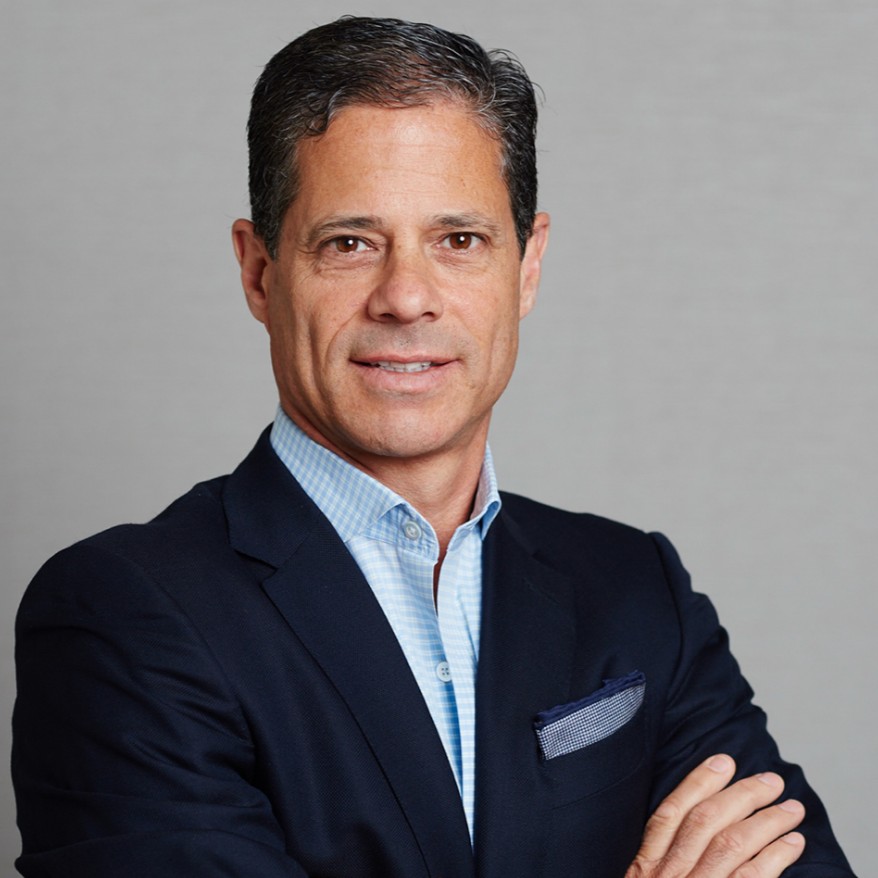Company Profiles
iCapital CEO On Partnerships, Blockchain And Wider Alternative Asset Access

This news service recently caught up with the CEO and chairman of iCapital, a business that has developed to change the way that private investors, among others, gain access to the expanding world of alternative investments. These were once dominated by big banks and other powerful institutions.
iCapital, a tech
platform for alternative investments, predicts that its roster of
partnerships will continue to expand, given that upside growth
potential is high, its CEO says.
Lawrence Calcano, chairman and CEO of iCapital, spoke to this
news service a few days after the New York-headquartered firm
bought one of Citigroup's indirect subsidiaries, Citi Global
Alternatives, the advisor to Citi Wealth’s global alternative
investment fund platform. The financial terms of the
transaction were not disclosed.
In a wide-ranging conversation, Calcano also spoke about how
iCapital is working to make policymakers’ desire for greater
access to private markets a practical reality.
The growth of partnerships has been significant. iCapital
has put several banks on its partnership roster,
such as HSBC Global Private Banking. Other firms it
works with include Goldman Sachs Asset Management and BlackRock.
And there are more likely to come, given the growth
potential of the alternatives area, Calcano said.
In total, iCapital has more than $880 billion in platform assets
including $220 billion in alternatives, and about $480
billion in data assets reported on. It serves over
2,900 wealth management firms and 108,000 active financial
professionals. To put that in context, Preqin, the research firm,
estimates the total alternative AuM at more than $18
trillion, and sees that figure rising to more than $29 trillion
by the end of the decade.
All this activity produces considerable data. iCapital is looking
at ways of harnessing all the data it has amassed to help clients
and their advisors make better decisions, Calcano said.
Established in 2013, the firm is arguably the most prominent of
all the firms that have arisen to widen access to alternatives –
private equity and credit; venture capital, real estate,
infrastructure and hedge funds. A word that comes up a lot when
discussing this area is “access” – iCapital is part of a move
aimed at widening it to HNW private investors. (Other
players in the space include CAIS, a US business, and Moonfare, which is
headquartered in Germany.)
That need for wider access is gaining attention from
policymakers, in Europe for example. More broadly, financial
industry figures say that many private investors still
don't have enough exposure to areas such as private equity,
venture capital, and other non-public investment areas.
This publication asked Calcano about the work that jurisdictions
must engage in to bring alternative investments to the
mass-affluent market, such as the UK’s Long Term Asset Fund in
the UK and ELTIFs in Europe. (ELTIF is a regulatory wrapper that
gives closed-ended private assets funds a single passport to be
marketed to private wealth investors across the EU.)
“We are building capabilities for structures in different local
markets,” he said.
And the firm’s experience is one that Calcano is happy to share
with regulators. “We are in a position to try to help regulators
through what we see every day and help regulators about
what’s going on.”
Growth
The firm continues to grow; it opened an office in Tokyo in 2023
and is planning to open one in Australia and the Gulf Cooperation
Council collection of countries in the Middle East. The business
has partnered with MPW Capital Advisors as part of its Gulf
region build-out.
What barriers remain to growth in iCapital’s sector?
Education and ease of use are two remaining barriers to entry for
wealth advisors to go all in on the alternatives asset class,
Calcano replied. The firm is investing heavily into technology,
for example, to reduce the frictions.
Talk of technology brought up the topic of distributed
ledger technology – aka blockchain technology. This is now part
of iCapital’s system. In March this year, it said that since
launching the first fund on iCapital DLT – its blockchain
platform – in May 2024, the company has onboarded more than
100 funds onto the platform.
Artificial intelligence was, perhaps inevitably, part of the
technology conversation.
“iCapital positions itself as a technology-first company, with AI
and machine learning (ML) playing a central role in its digital
transformation. iCapital integrates AI, ML, automation, and
data-driven insights across its platform to streamline the entire
investment lifecycle – from pre-investment to
post-investment,” Calcano said.
iCapital’s recent acquisitions of Mirador (see
here), AltExchange and Parallel Markets (see
here) are “evidence of the evolution of our data-driven
insights and AI/Machine learning capabilities,” he said.
Educating clients about what is realistic when it comes to
alternative investments is important, he said, to avoid
disappointments down the line.
“It is important for people to understand what to expect. The
whole industry is better served if people allocate in a measured
way,” he said.
Calcano said that using model portfolios [to hold
alternatives] has become a lot more important than was the case
few years ago. That seems borne out by industry research. A 2024
study from BlackRock and Institutional Investor’s custom research
group found that a majority of the 500 wealth managers in the
study said they would like to have private equity or private
credit available to clients through model portfolios (source:
Institutional Investor, 29 April).